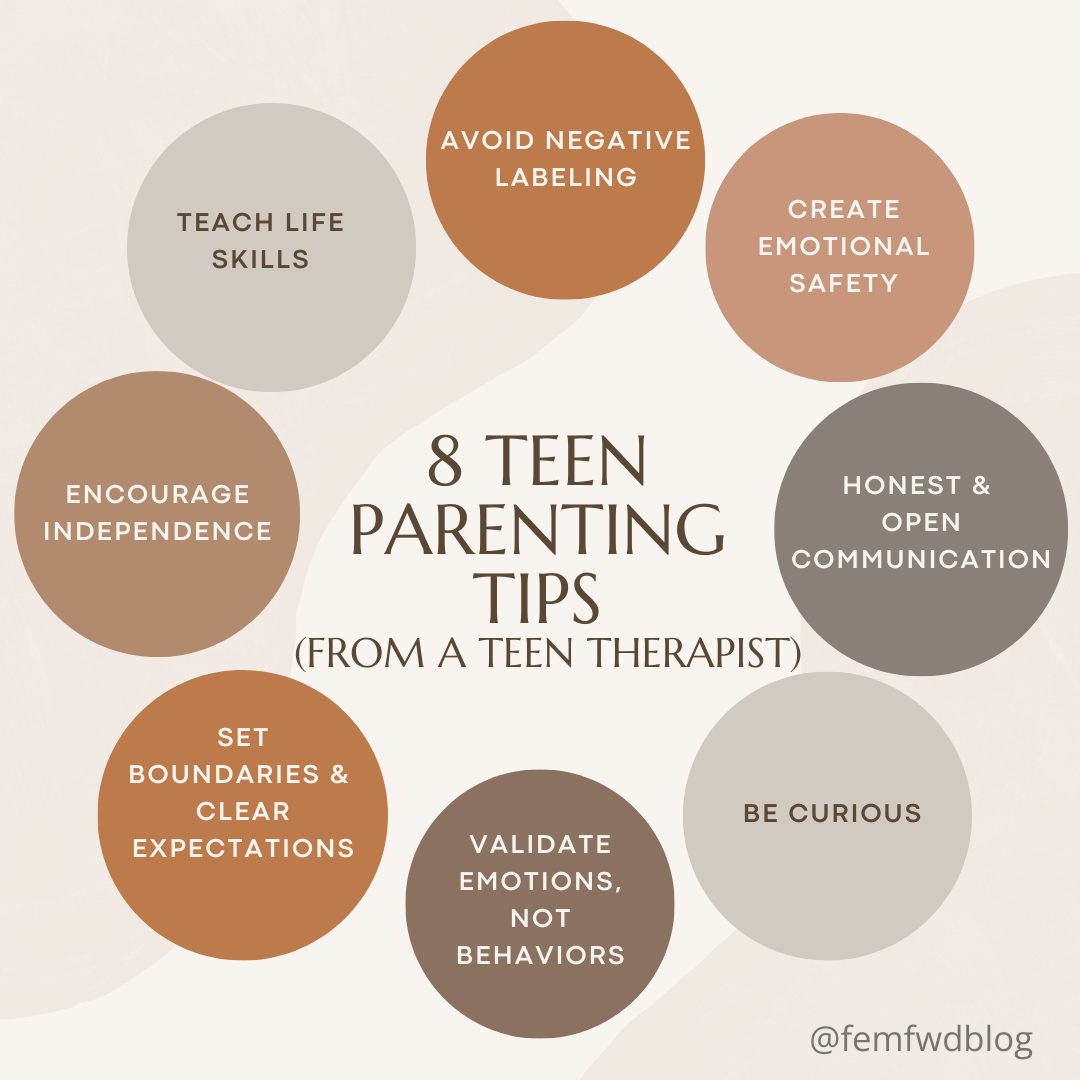1. What to do when your child says, “Life is meaningless”?
Many parents have noticed that their children have recently become quiet, lost interest in their studies, and even suddenly say things like, “Life is meaningless” or “I want to die. These words are very disturbing and can leave parents feeling helpless.
According to a survey by the Chinese Center for Disease Control and Prevention, more than 17% of middle school students have seriously considered suicide, and 8% of children have even made suicide plans. Behind these statistics are children struggling internally and families filled with fear and helplessness.
So why are kids today experiencing these emotions? What are they really thinking? How can we help them?
2. It’s Not Laziness, It’s Real Exhaustion
When many parents see their children not going to school or not trying hard, their first reaction is to think that their children are lazy and don’t know any better. But in reality, it’s not that the kids don’t want to work hard, it’s that they’re really exhausted.

They are under tremendous academic pressure at school, they may not get understanding or support at home, they feel lonely and helpless among their friends, and as a result they begin to question the meaning of life: “Why do I have to study? “What is the point of living?” “Am I completely useless?”
If no one listens to these questions or answers them, children will feel increasingly empty inside and eventually develop a psychological state called “meaninglessness.
III. What is the “Four No’s” Psychological Storm?
Research has shown that today’s teenagers are experiencing a “four no’s” psychological storm:
These psychological problems do not appear overnight, but accumulate little by little. When children are in this state for a long time, they easily develop feelings of despair.
4. Why do children feel worthless?
Adolescence is a period of rapid development of self-awareness, and what children need most at this time is a sense of identity and belonging. They want to be understood, accepted and loved.
However, if they are not supported at home, cannot make friends at school, and do not feel valued in society, they will gradually lose confidence.
For example:
All of these factors can make children feel that they are not good enough and unworthy of love, leading them to fall into a state of self-denial.
5. Behind a child’s world-weariness lies an emotional void.
When many children say they don’t want to live, they don’t really want to end their lives. They are using it as a way to express their inner pain. It is a “cry for help.
They want someone to hear their voice, understand their feelings, and tell them, “You are not alone.
In psychology, there is a concept called “connectedness,” which refers to whether a person feels connected to the world and whether there are people who truly care about and understand them.
If a child lacks this sense of connectedness from an early age, it will be difficult for them to develop a positive outlook on life as they grow up. They will feel that life is meaningless and that there is no hope for the future, leading to depression and despair.
6. What should parents do when faced with a child who is pessimistic about life?
When a child expresses feelings of despair, parents often panic and try to “cheer him up” in various ways. For example:
These words sound like encouragement, but they can actually hurt the child more. It’s not that they don’t want to try, it’s that they don’t really know how to try.
Instead of rushing to solve the problem, it is better to learn to listen and understand first.
1. Listening is More Important Than Teaching
When a child says, “I don’t want to live anymore,” don’t rush to criticize or deny. You can respond like this:
These words will not immediately change your child’s state of mind, but they will make him or her feel understood and valued. This is the first step in building trust.
2. Provide a safe environment for your child to grow up in
Adolescents especially need a stable and warm family environment. They need to know that no matter what happens, they can always come home.
Parents should learn to respect their children’s independence and give them some autonomy. For example:
When children feel respected and trusted, they will have more confidence to face life’s challenges.
3. Seek professional psychological counseling
If your child’s pessimistic attitude is affecting his or her daily life, such as sleeplessness, loss of appetite, or frequent crying, it is recommended that you take him or her to see a professional counselor as soon as possible.
Psychological counseling can not only help children sort out their emotions, but also allow parents to better understand their children’s psychological state. Sometimes the problem is not just with the child, but with the entire family system that needs to be adjusted.
7. Restore Your Child’s Sense of Meaning and Value
The most important thing in helping children overcome their pessimistic attitudes is to help them rediscover the meaning and value of life.
This can be accomplished in the following ways:
(1) Encourage your child to develop hobbies.
Even if a child does not do well in school, it does not mean that he or she has no value. Some children are good at drawing, some like music, and some like sports. As long as they find something they really love, it will help them build self-confidence.
(2) Let children participate in family decisions Let children participate in family matters, such as making vacation plans and discussing weekend arrangements. This will help them feel that they are part of the family, not just someone to be told what to do.
(3) Praise children’s efforts, not just the results
Don’t just focus on how many points your child got on a test, but also see the effort they put into their studies.You can say, for example:
These words of affirmation let your child know that he or she is seen and appreciated.
8. Summary: Children Are Not “Broken,” They Are “Hurt
Children who are disillusioned with the world are not disobedient or unwilling to work hard; they are truly hurt inside, and what they need is not blame and command, but understanding and companionship.
What we need to do as parents is not to force them to “be good,” but first to become someone our children can rely on.
Every child deserves to be treated with kindness. Behind every act of cynicism is a heart that longs to be loved.

